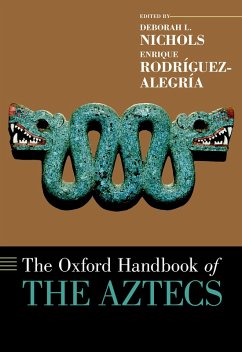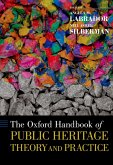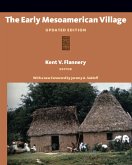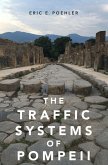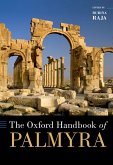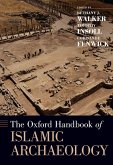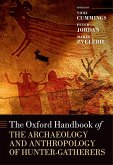The Oxford Handbook of the Aztecs, the first of its kind, provides a current overview of recent research on the Aztec empire, the best documented prehispanic society in the Americas. Chapters span from the establishment of Aztec city-states to the encounter with the Spanish empire and the Colonial period that shaped the modern world. Articles in the Handbook take up new research trends and methodologies and current debates. The Handbook articles are divided into seven parts. Part I, Archaeology of the Aztecs, introduces the Aztecs, as well as Aztec studies today, including the recent practice of archaeology, ethnohistory, museum studies, and conservation. The articles in Part II, Historical Change, provide a long-term view of the Aztecs starting with important predecessors, the development of Aztec city-states and imperialism, and ending with a discussion of the encounter of the Aztec and Spanish empires. Articles also discuss Aztec notions of history, writing, and time. Part III, Landscapes and Places, describes the Aztec world in terms of its geography, ecology, and demography at varying scales from households to cities. Part IV, Economic and Social Relations in the Aztec Empire, discusses the ethnic complexity of the Aztec world and social and economic relations that have been a major focus of archaeology. Articles in Part V, Aztec Provinces, Friends, and Foes, focuses on the Aztec's dynamic relations with distant provinces, and empires and groups that resisted conquest, and even allied with the Spanish to overthrow the Aztec king. This is followed by Part VI, Ritual, Belief, and Religion, which examines the different beliefs and rituals that formed Aztec religion and their worldview, as well as the material culture of religious practice. The final section of the volume, Aztecs after the Conquest, carries the Aztecs through the post-conquest period, an increasingly important area of archaeological work, and considers the place of the Aztecs in the modern world.
Dieser Download kann aus rechtlichen Gründen nur mit Rechnungsadresse in A, B, BG, CY, CZ, D, DK, EW, E, FIN, F, GR, HR, H, IRL, I, LT, L, LR, M, NL, PL, P, R, S, SLO, SK ausgeliefert werden.

